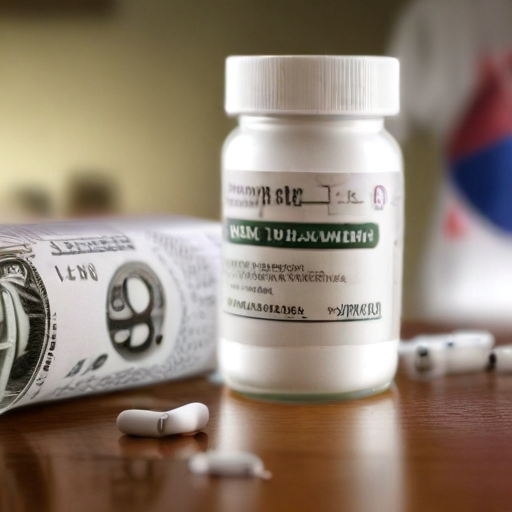A recent report from the House Committee on Oversight and Accountability found that pharmacy-benefit managers (PBMs), key players in the prescription drug market, may be directing patients towards more expensive medications while restricting their pharmacy options. This report, which emerged after a 32-month investigation, is particularly timely as it precedes a hearing involving executives from the country’s largest PBMs.
PBMs serve as intermediaries between health insurers and pharmaceutical companies, negotiating drug prices and determining patients’ out-of-pocket costs. The three leading PBMs in the U.S., Express Scripts, OptumRx (owned by UnitedHealth Group), and CVS Health’s Caremark, together manage about 80% of all prescriptions filled in the country.
The committee’s findings suggest that these firms favor high-cost brand-name medications over lower-cost alternatives in their preferred drug lists. For instance, emails from Cigna staff highlighted discouragement regarding the use of a cheaper alternative to Humira, an arthritis medication priced at approximately $90,000 annually, even though a biosimilar was available for half that price.
Moreover, the report alleged that Express Scripts misled patients by suggesting they would pay less by ordering a three-month supply through their mail-order pharmacy than through local pharmacies. This practice appears to restrict patient choice regarding where to fill prescriptions.
The issues raised mirror those presented in a recent Federal Trade Commission report, which indicated that the six largest PBMs manage nearly 95% of prescriptions in the U.S. The FTC underscored that this concentration of power can hinder access and affordability of medications, noting that these PBMs may favor their affiliated businesses over unaffiliated pharmacies and potentially inflate drug prices for patients.
FTC Chair Lina M. Khan expressed concern over these findings, stating that the operations of PBMs could lead to excessive charges for essential cancer medications, generating over $1 billion in additional revenue for these middlemen.
In summary, this report sheds light on significant challenges faced by patients regarding drug affordability and accessibility due to the practices of PBMs. However, it also opens up an important dialogue around the need for reform in this industry to enhance transparency and ensure that patients receive the best possible care and medication options. The ongoing investigation may lead to positive changes in the pharmaceutical landscape, promoting patient welfare and potentially lowering drug costs in the future.
